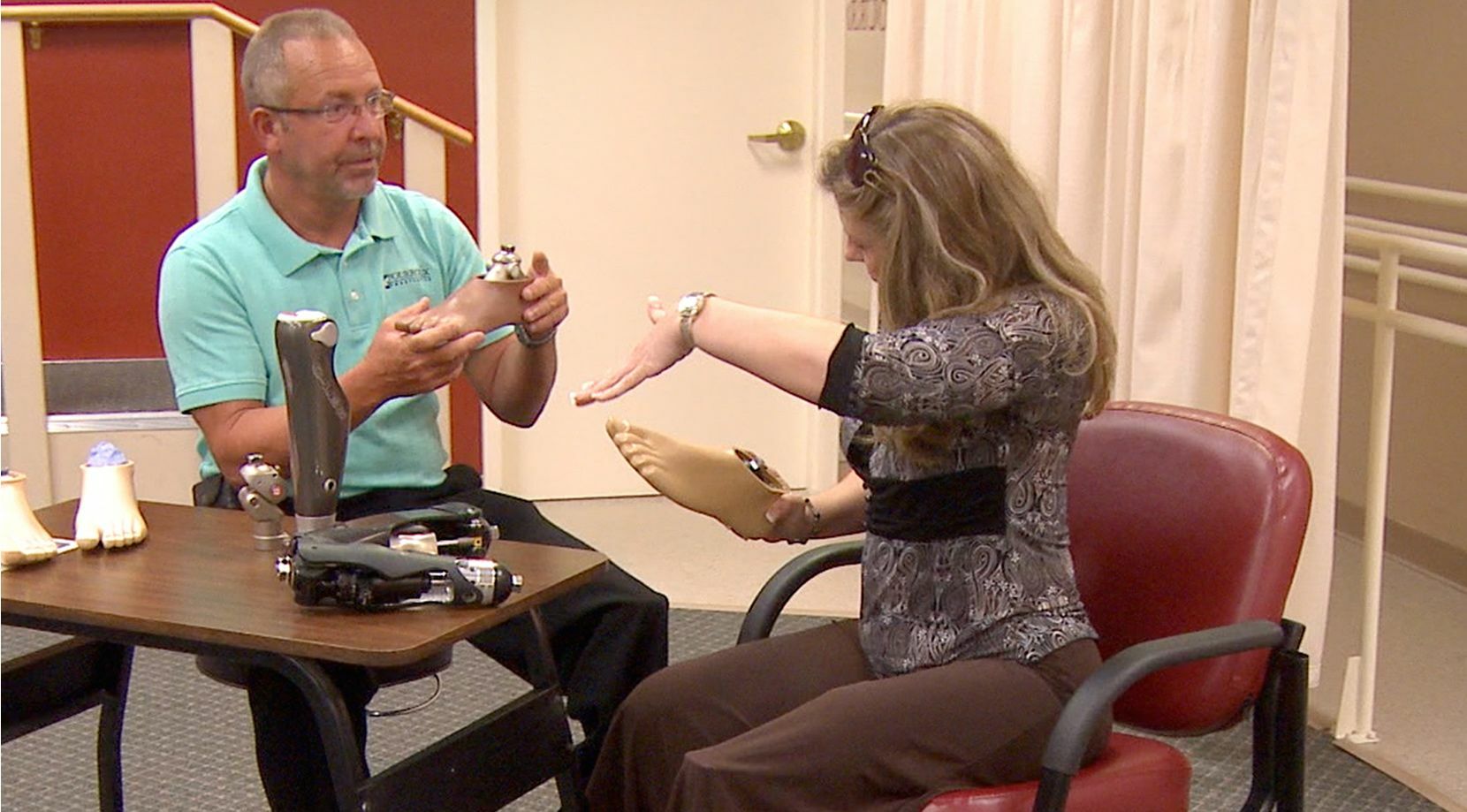 Aging and retirement provide senior citizens with a number of challenges. When you go from having a strict schedule to having seemingly endless amounts of free time on your hands, it’s easy to feel lost and experience a drop in your overall quality of life.
Aging and retirement provide senior citizens with a number of challenges. When you go from having a strict schedule to having seemingly endless amounts of free time on your hands, it’s easy to feel lost and experience a drop in your overall quality of life.
If your parents or loved ones are having a hard time adjusting to retirement, share these four tips with them to improve their daily lives and help them feel happier and more productive.
1. Get Regular Physical Activity
Exercise is essential for people of any age, but seniors especially need to prioritize low impact movement.
In general, seniors should aim to get two-and-a-half hours of cardiovascular activity each week. They should also dedicate at least two days every week to muscle-building activities.
Activities like walking, hiking, swimming, resistance training with lights weights or bands, and yoga can improve heart health and protect the bones and joints.
Exercise also improves mood, sleep quality, and can relieve stress, anxiety, and depression. If your parent or loved one is brand new to exercise, encourage them and remind them of the benefits of regular activity. You might even consider finding a form of exercise you can do together!
2. Try New Intellectual Challenges
In addition to challenging the body with regular exercise, it’s also important for seniors to continue to challenge their minds.
Solving crossword puzzles, brain teasers, and Sudoku puzzles, as well as reading and writing, can help seniors maintain or improve their memory and cognitive function.
It’s also incredibly satisfying to solve a difficult puzzle or finish a book. This satisfaction alone can help your parent or loved one feel better about their overall quality of life.
3. Stay Connected
Social interaction is essential, especially for seniors who live alone. Those are isolated due to mobility issues or an inability to drive have shorter life spans and face a great risk of dementia.
To make sure your parent or loved one stays connected, set up regular visits or establish a schedule to drive them to the local senior center or to community functions. You can also encourage them to volunteer or take a class to learn a new skill or hobby.
In addition to in-person connection, seniors can also benefit from utilizing social media websites like Facebook and Instagram to help them stay in touch with friends and relatives who live far away.
4. Get Better Sleep
Many people face sleep difficulties as they age. They may be kept up all night with aches and pains, or they may have a hard time waking up in the morning. If they’re not getting good sleep and are always feeling tired, they’re less likely to feel satisfied with their overall quality of life.
If your parent or loved one is facing sleep struggles, make sure they’re following these steps to improve their sleep:
-
Go to bed and wake up at the same time each day
-
Use an alarm clock for the hearing impaired to avoid oversleeping
-
Limit naps as much as possible, especially later in the day
-
Keep screens out of the bedroom
-
Invest in blackout curtains to eliminate interruptions from outside lights
-
Take a warm bath to relax and prepare for bed
It’s common for seniors to feel that aging has diminished their quality of life. That definitely doesn’t have to be the case, though.
By following these steps, the seniors in your life can feel stronger, more productive, and better rested. These feelings, in turn, will help them feel invigorated and better able to tackle each day!


Comments